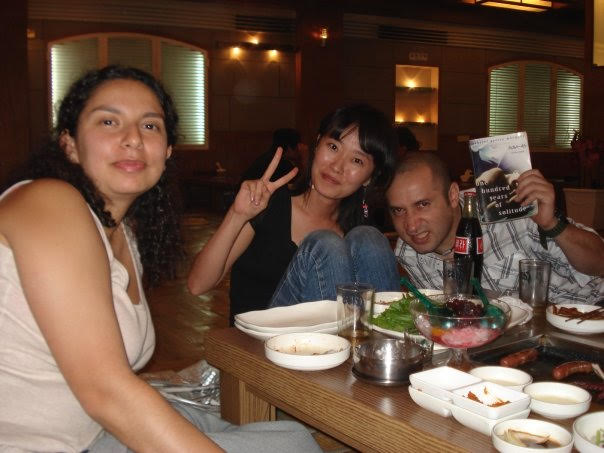Tell us about your path to TEFL teaching in Korea. What was the most exciting part?
When I first moved to Korea, teaching English was the easiest and most practical way to work, since there is a high demand and supply, it was the easiest job to land.
The most exciting part was to be able to interact with Koreans through English, and being able to help them improve their speaking abilities and to help them improve their confidence when speaking while learning about the culture.
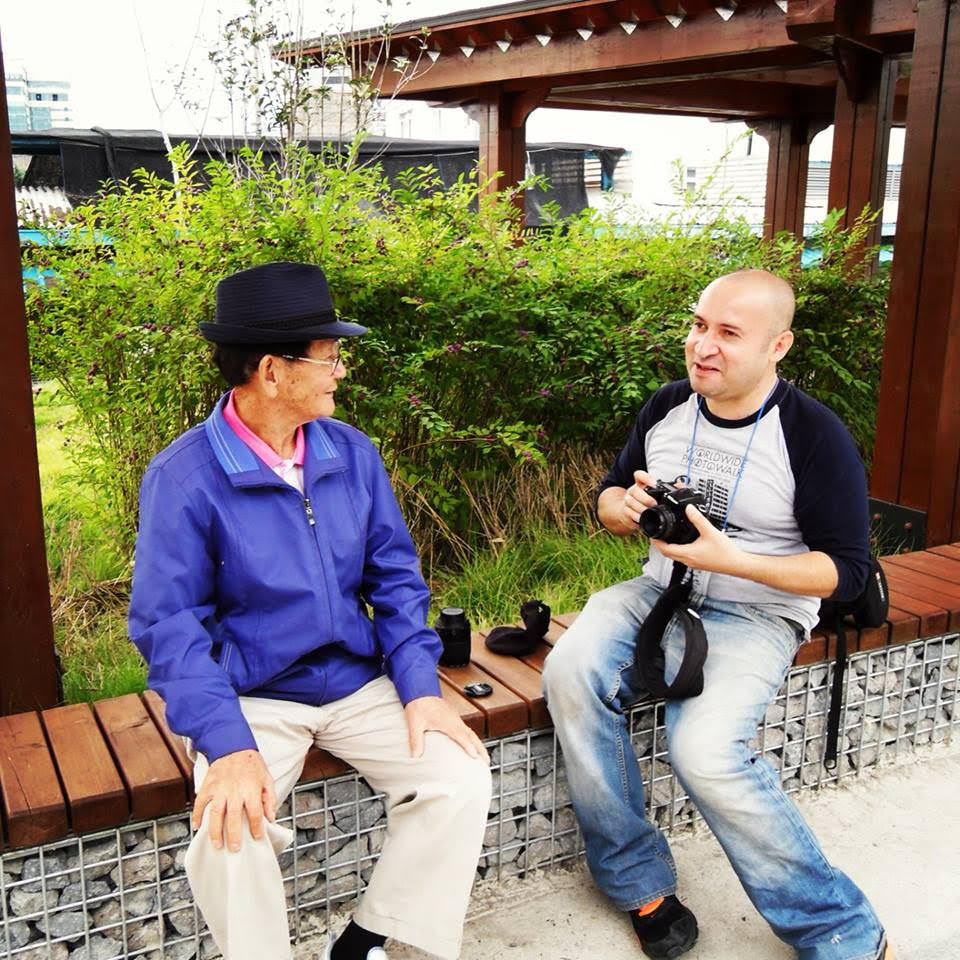
Had you ever traveled that far away from home before? Did you experience any culture shock? ✈️
This was my first ever trip far away from home. There were a few things that I found very surprising, but I don’t think I experienced culture shock. I’ve lived in other countries before and I come from a very multicultural family, this I believe has been a school that has allowed to be very flexible and open minded when it comes to understanding for other cultures.

What does a typical day in the life of Joe in Korea look like? Any Korean cooking going on?
My work usually starts in the afternoons, so I usually take the morning for myself. Brewing my coffee, reading the news, walking my dog, exercising and preparing for my day.
During the weekends I love cooking for my family, most weekends the menu is Korean food, which is something I’ve learned and studied as a hobby. I even write Korean food recipes for a local magazine in the city I live in; I love to teach other expats and locals the beauty of making Korean food.

You’ve been in Korea for 15 years, right? What made you stay there and not move on to other countries?
Not only is my wife Korean, but also my daughter was born here 13 years ago. This country has given me a lot, family and friends. The economy is very strong, and I love the culture and people, so I feel this has become my real home, and I miss nothing from the place I was born, (well almost nothing).

What do you get up to outside of the classroom? Any MUST do’s if any of our readers are planning to visit/move to Korea?
Teaching English in Korea has been a great experience, something I’m passionate about, and one of the reasons is because I have an understanding of the culture. It’s very important to understand the culture one is teaching, in order to enjoy the experiences at best.
I’ve known many teachers who have come here only with the purpose of teaching English for money advantages which is very attractive, but they lack the enthusiasm to learn the culture, and they leave usually frustrated, perhaps with a few extra dollars more, but money will soon disappear and they missed the opportunity to enjoy a lovely experience. So my advice will be, one should learn as much about the culture in order to deliver a good teaching experience.
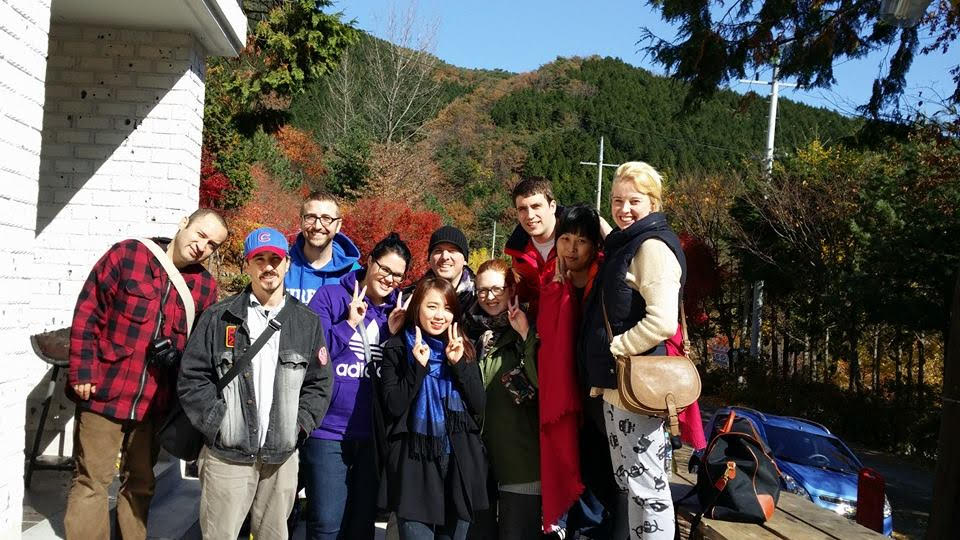
Tell us three things a future teacher in Korea should know before they move to Korea? What are the top three packing essentials when moving to Korea?
Korea has it all. There’s absolutely nothing you can’t find here, the only thing I would say to bring and not because you can’t find here but because it will be easier because communication issues will be medication for common minor health issues, like colds, stomachaches, eye drops, things like that.
Over the counter medication is only sold in pharmacies, and for some people explaining the symptoms might be a problem if you don’t know Korean. Other than that I believe nothing is needed.
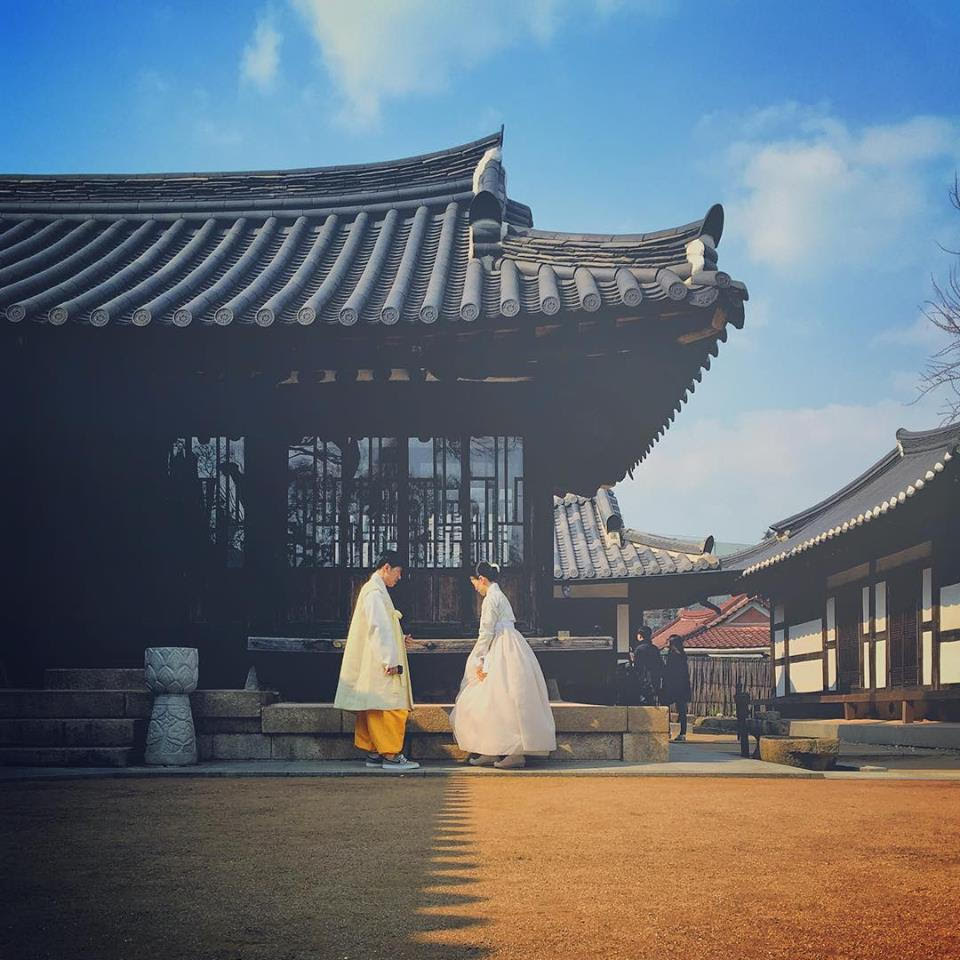
What’s the nightlife like in Korea? We hear it’s a weekend warriors dream
Koreans are very sociable and the “company dinners” culture is very popular here. So most nights most restaurants and bars are crowded. Weekends and weekdays do not have much difference. However clubs probably are the busiest on weekends, and there a couple of places that act as hang out for foreigners.
I don’t usually hang out much on weekends, I like to lay low and stay in my neighborhood. But most nights are very busy in Korea.

What have been some challenges you’ve faced on the road to living abroad? How did you overcome them—any advice for our readers/future TEFL adventurers?
I think the language has been my biggest challenge. Although I’ve trying and still trying to study, because of my work, family and environment is all English spoken, I’m not force to use Korean much, so even after 15 years I feel is very weak that I do have problems communicating sometimes, so I’m hoping in the next 3 years to be able to master the language through a study program.
Also I think as for the work environment I had to adapt to some of the Korean working ways, which are not exactly similar to the west and at some points seemed a bid disorganized.
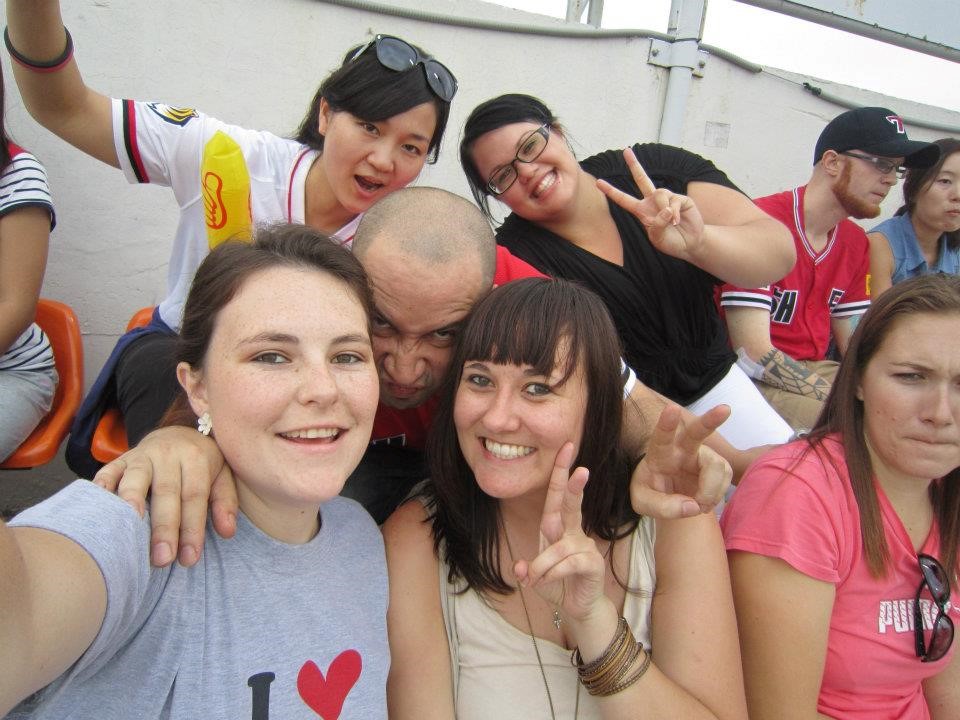
I had to adapt to sudden changes and sometimes an “army-style” work environment where most people must follow the leader without complaints. However, understanding the deep roots of the culture and its hierarchical structures made me overcome most of the issues. I do run my school now, so I don’t have any issues anymore.
What are your future TEFL plans? Teaching in another country, staying in Korea, saving and travelling?
I took the TEFL course only to improve my 15 years of experience. My next step was to be able to open my academy, which I did, and my goal will be to perfect a system that will work very well and help improve my students.
There are many schools with systems that I find inefficient and expensive. Many are money-driven without a good educational system. I will continue working on improving every day, right here in Korea. No plans to move.
